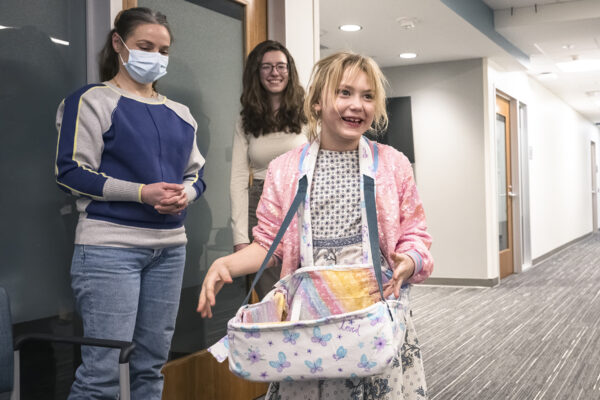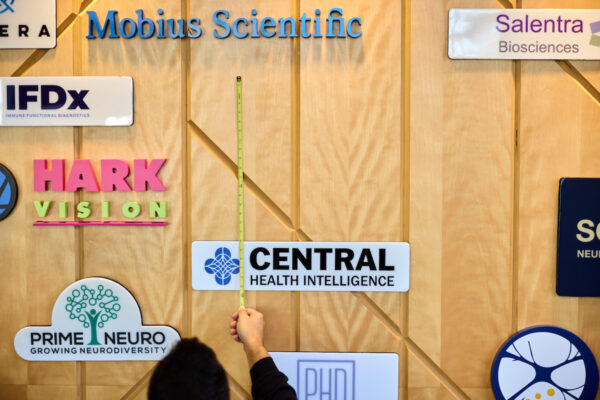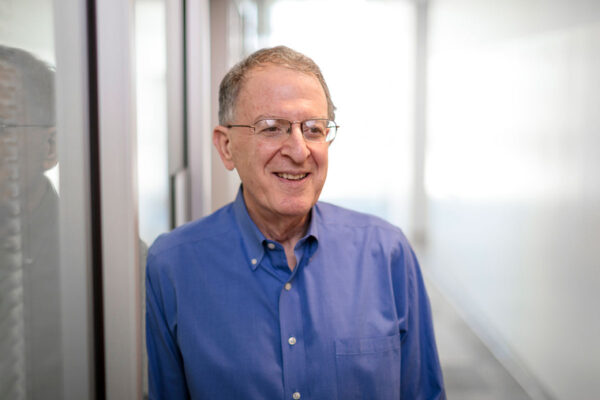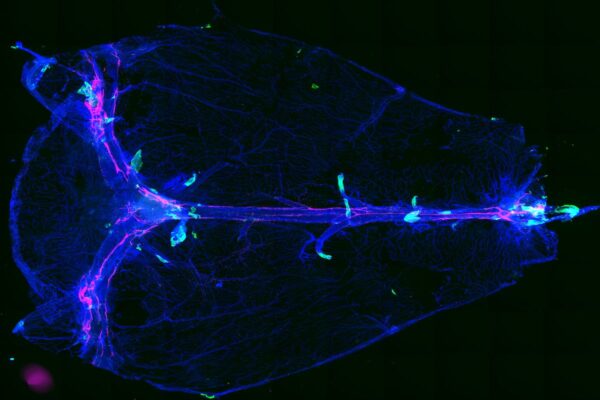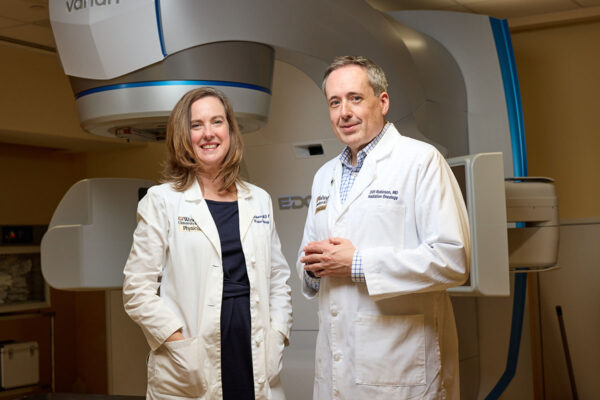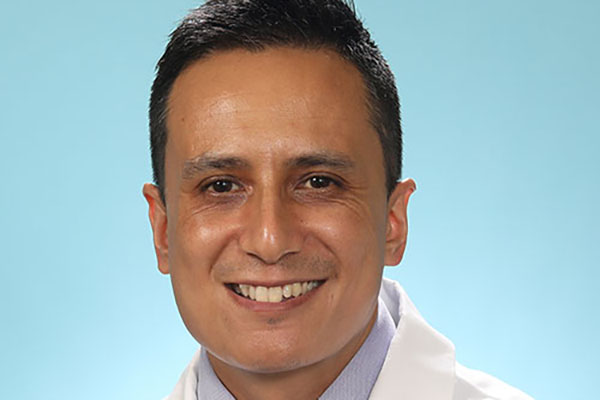Engineering, OT students work with patients to design assistive tech
About 40 engineering and occupational therapy students collaborated during Washington University in St. Louis’ inaugural Assistive Tech Make-A-Thon, designing products for St. Louisans with mobility and other physical challenges.
University’s technology, innovation hub celebrates 100th faculty startup
The Office of Technology Management at Washington University in St. Louis recently celebrated a milestone of 100 university startups.
Gordon receives Nemmers Prize
Jeffrey I. Gordon, MD, of Washington University School of Medicine in St. Louis, has received the 2024 Mechthild Esser Nemmers Prize in Medical Science from Northwestern University.
How does waste leave the brain?
School of Medicine scientists have discovered a brain structure that allows fluid waste to leave the brain. The researchers think these structures, and the cells and molecules positioned around them, may help lead to new therapies for neuroinflammatory diseases.
NIH grant to fund radiation oncology center on Medical Campus
The School of Medicine has received a $7.8 million grant from the National Institutes of Health (NIH) to support a radiation oncology center that will aim to understand the biologic effects of radiation therapy in cancer treatment. Julie K. Schwarz, MD, PhD, and Clifford G. Robinson, MD, will lead the center.
Raghuraman named director of clinical research division in OB-GYN
Nandini Raghuraman, MD, a physician-scientist who specializes in caring for patients with complex high-risk pregnancies, has been named director of the Division of Clinical Research in the Department of Obstetrics & Gynecology at the School of Medicine.
Sudhir Singh, endocrinology specialist, 45
Sudhir M. Singh, MD, an assistant professor of medicine in the Division of Endocrinology, Metabolism & Lipid Research at the School of Medicine, died Dec. 24 following a short illness. He was 45.
Breast cancer rates increasing among younger women
According to a study led by researchers at the School of Medicine, diagnoses of breast cancer have increased steadily in women under age 50 over the past two decades. Studying such trends may offer clues to possible prevention strategies.
Needleman program seeks proposals
The Needleman Program for Innovation and Commercialization provides funding for researchers developing promising new therapeutics. A second call for proposals is now open. The deadline is March 15.
Newly opened Jeffrey T. Fort Neuroscience Research Building dedicated
One of the world’s largest neuroscience research buildings was dedicated Jan. 18 on the Medical Campus. The 11-story building is named the Jeffrey T. Fort Neuroscience Research Building, in recognition of a gift from Fort, a longtime university supporter.
View More Stories
